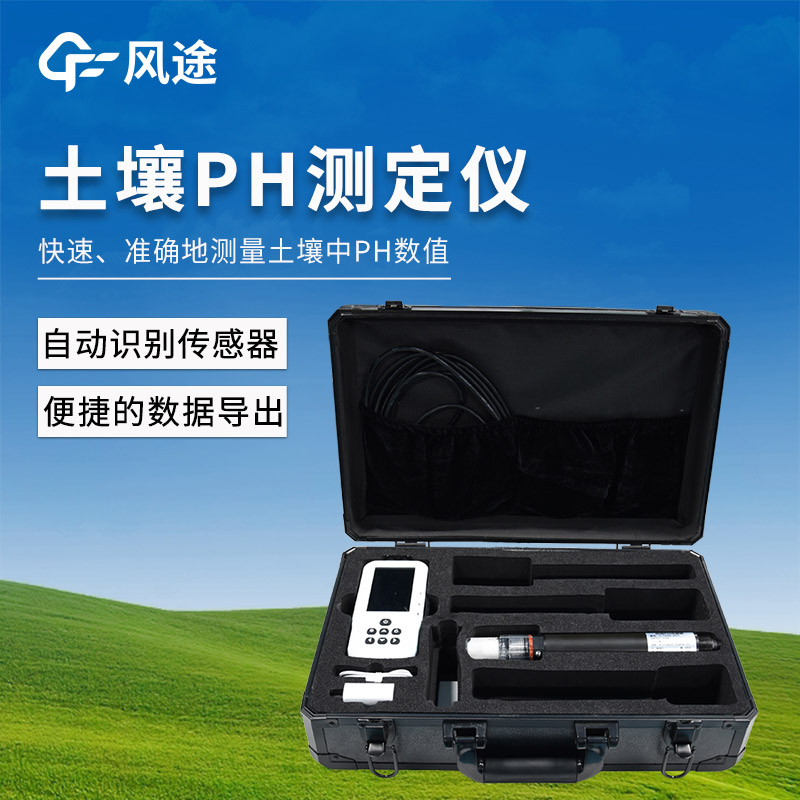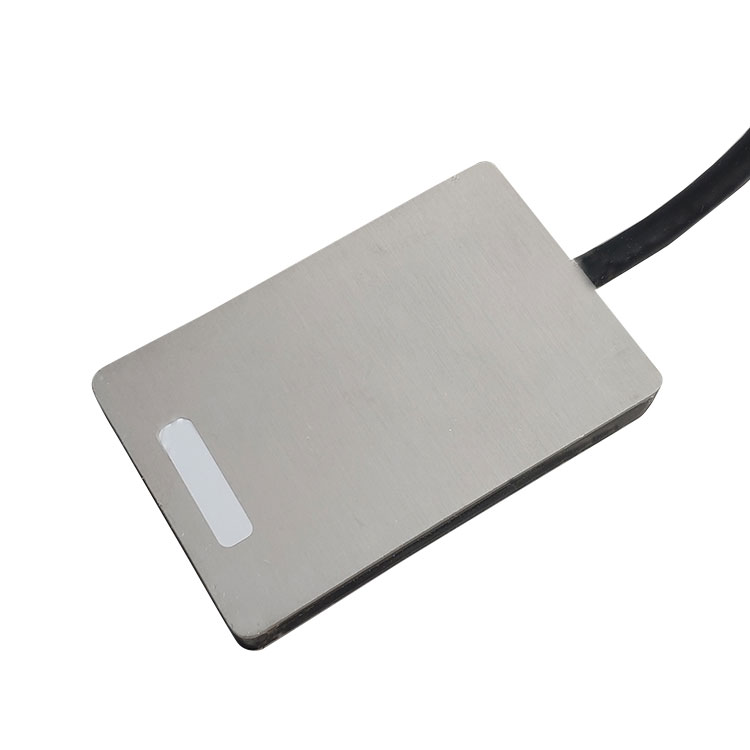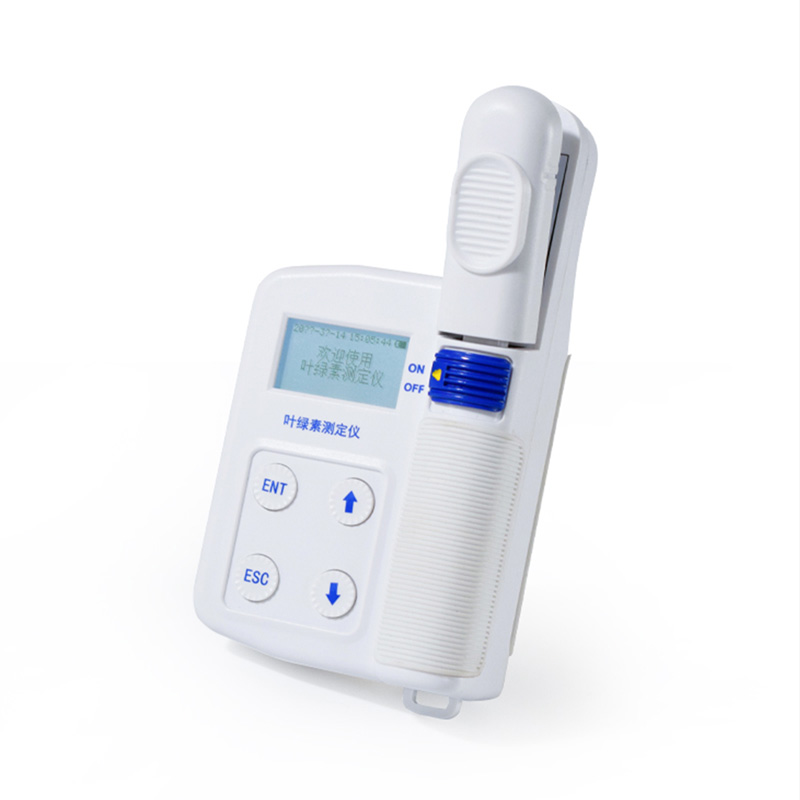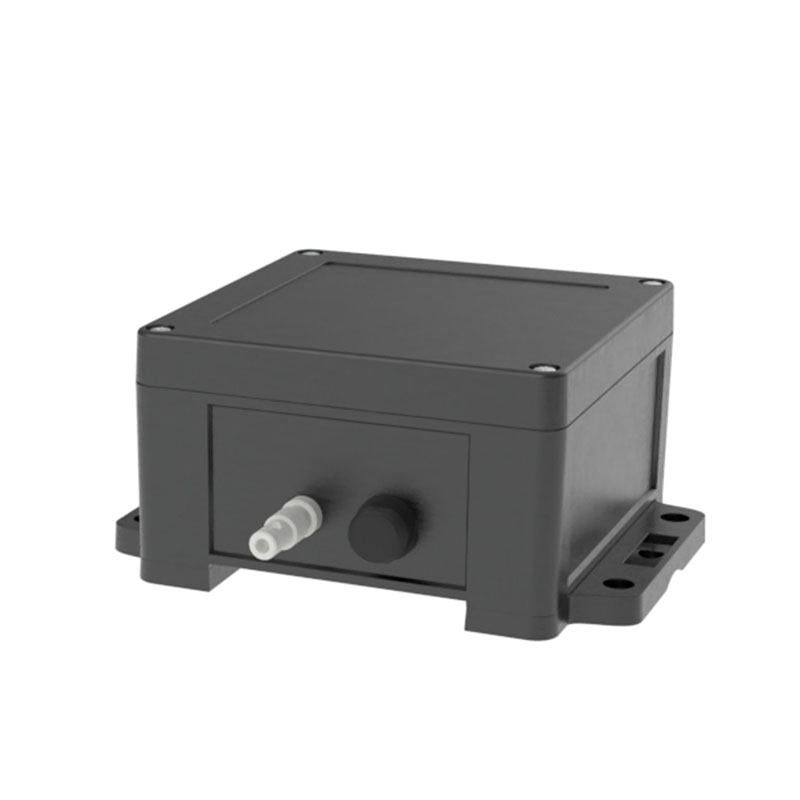The pH value of soil, which indicates soil acidity or alkalinity, plays a critical role in plant growth. Plants exhibit vastly different abilities to absorb nutrients under varying soil pH conditions. Most plants thrive in near-neutral soils because major elements such as nitrogen, phosphorus, and potassium, as well as trace elements like iron, manganese, and zinc, remain more soluble in such environments, facilitating absorption by plant roots. In overly acidic soils, while some trace elements may become more soluble, their excessively high concentrations can be toxic to plants. Additionally, acidic conditions may activate elements like aluminum and manganese, harming plant roots. Conversely, highly alkaline soils can cause elements such as phosphorus and zinc to precipitate, leading to nutrient deficiencies in plants, which may manifest as stunted growth, yellowing leaves, and reduced yield and quality.
Traditional methods for measuring soil pH often require complex sample pretreatment and sophisticated laboratory instruments, making them time-consuming, labor-intensive, and unsuitable for on-site rapid detection.
The FT-TP1 Soil pH Tester is a specialized tool for measuring soil pH. It is designed to quickly and accurately determine soil acidity or alkalinity, assisting agricultural workers, gardening enthusiasts, and researchers in understanding soil conditions and implementing appropriate soil improvement measures to ensure plants grow in an optimal pH environment.
Equipped with a high-precision pH sensor, the FT-TP1 rapidly detects changes in hydrogen ion concentration in soil solutions and converts them into accurate pH values displayed on its screen. It is extremely user-friendly—users simply insert the tester probe into the soil to obtain rapid measurement results.
This instrument features excellent stability and high repeatability, effectively minimizing measurement errors caused by human operation or environmental factors. With its low-power design, the FT-TP1 can be used for extended periods without frequent battery changes, making it suitable for soil pH measurement in various settings, including farmland, greenhouses, and laboratories.

This paper addresses:https://www.fengtusz.com/industry/754.html









